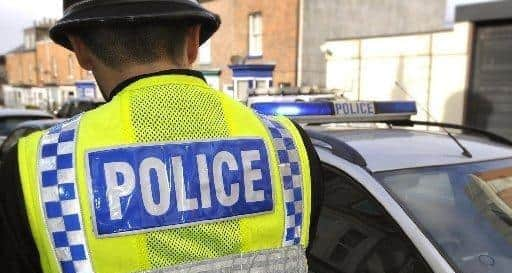Cleveland Police reveal how many fixed penalty notices were issued over weekend
and live on Freeview channel 276
On Saturday March 28 and Sunday March 29, 16 fixed penalty notices were given out, mainly to people for making unnecessary journeys in vehicles during the coronavirus outbreak.
Chief Superintendent Thom McLoughlin, Head of Local Policing, said: “Cleveland Police will continue to take an ‘educate and persuade’ approach when using the new policing powers, however, it is important that we enforce fixed penalty notices to the people who are not complying with the rules.
Advertisement
Hide AdAdvertisement
Hide Ad“Restrictions for travelling have been made very clear and people should only be travelling when essential. This includes going to work where it cannot be done from home, shopping for food or medical supplies or helping a relative.


“Our number one priority is to protect the NHS and saves lives and it is important that we all play our part and follow the rules to prevent coronavirus from spreading.”
Under these guidelines officers can now ensure parents are doing all they can to stop their children breaking the rules, issue a £60 fixed penalty and issue a £120 fixed penalty for second-time offenders, doubling on each further repeat offence.
Anyone who refuses to pay can be taken to court, and magistrates can impose unlimited fines. If people still refuse to pay, police can arrest them.
Advertisement
Hide AdAdvertisement
Hide AdPeople are only allowed to leave the house to go shopping for "basic necessities"; to do one form of exercise a day such as a run, walk or cycle as long as it doesn’t require travel by a vehicle; for medical reasons; to provide care, or to help a vulnerable person or travelling to and from work, but only if it is "absolutely necessary" and cannot be done from home.